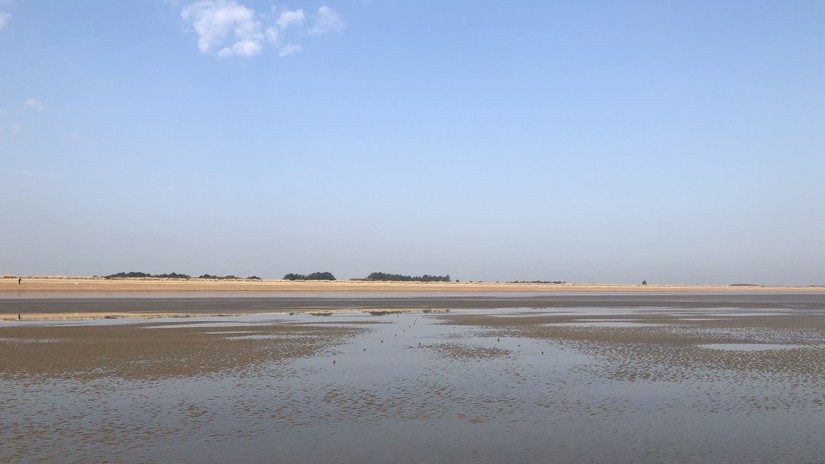
Credit: Árni Friðriksson/Wikimedia Commons/ CC BY-SA 3.0
Read the rest of this article...


Researchers’ number-one fear from Syria to Afghanistan is not war or terrorism but the coming shifts in nature itself
At Bagerhat in southern Bangladesh, a city of 360 mosques from the 15th century, salt water from the encroaching Indian Ocean is damaging the foundations. In Yemen, torrential rains are decimating the improbable mud-brick high-rises of Shibam’s 16th-century architecture, newly exposed owing to strikes from the conflict there. In Iraq, the country’s southern marshes are drying up, causing the Indigenous Bedouins to flee for cities, leading to drastic loss of intangible heritage.
The effects of climate change on cultural heritage vary extensively but are inevitably complex. It acts like a cancer from within, whose steady growth is as difficult to track as it is to solve.
